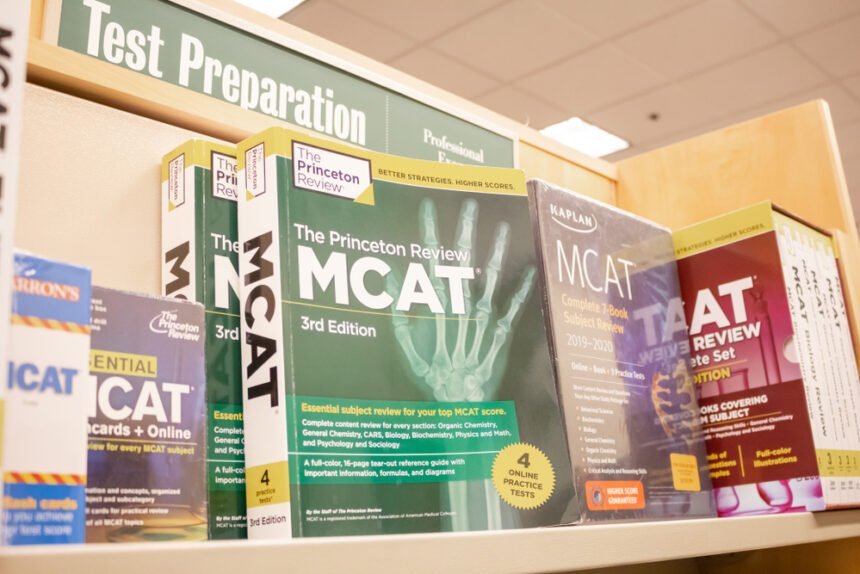The most attractive healthcare career to consider is being a physician. Unfortunately, it requires a lot of preparation and education. You need great grades and MCAT scores.
As far as tests go, the MCAT isn?t easy, and it?s common for medical students to suffer from depression, stress, and anxiety while studying. We don?t say that as an attempt to scare you, but the MCAT can be quite challenging for many students, and it?s essential to be prepared. There are many things you can do to focus on your mental health before testing.
Why is the MCAT so Difficult?
Where most other graduate exams rely mostly on logic and common sense, the MCAT depends on knowing content then applying it. You?ll need to think creatively about science, and it?s almost impossible to ?wing it.? It?s common to hear potential lawyers guess multiple answers on the LSAT, but the MCAT requires extensive and effective studying to pass.
However, even if you do study for the test and use preparation courses to help you pass the MCAT, getting a good grade isn?t always foolproof.
The difficulty of the test can send a student into a spiral, and it isn’t all that uncommon for testers to place their self-worth on the line: If they can?t do well, they won?t get into medical school, won?t become doctors, and they?ve wasted their time.
The Downward Spiral and How to Stop It
Medical school is difficult for everybody, and it?s difficult for us not to think the worst in high-stress situations. If you?re currently experiencing a breakdown as you prepare for medical school, the first thing to do is breathe. Then, try to ask yourself a few questions:
How did I react the last time I was in a competitive environment?
Taking the MCAT or studying for the test wasn?t the first time you were in a high-pressure situation. Generally, most students have competed in sports, chess tournaments, a debate club, or have had a job where they had to ?get in the zone? to fix a problem.
How did you do that? Were you able to focus without distraction? Preparing for the MCAT is like training for a race; you need to have the endurance and drive to see it through. If you do well during practice, you?ll have a higher chance of doing well when the time comes.
How much are you studying?
It?s estimated that you should study 10-15 hours a week over a period of 4 to 6 months. That?s a total of 200 to 300 hours of total study. While you?re studying, are you doing so effectively? Are you checking social media, texting, or chatting? Small distractions can build up. Time yourself to see how long you can study without distraction. Notice where you need to improve.
Are you good at studying?
The MCAT doesn?t give partial credit for any questions, which is frustrating for any test taker. You need to be as accurate as possible, and guessing usually doesn?t pan out. When you?re studying, are you differentiating between correct and partially correct answers?
With over a hundred multiple-choice questions, human error will happen, but the best way to deal with this error is by being realistic. Tell yourself you won?t make more than 5 errors in this section and allow yourself to mess up. As long as you improve, that?s a net positive.
Get a Tutor
If you?re experiencing any anxiety and you?re not sure you can pass this test by yourself, get a tutor. Actually, just get a tutor anyway because they can teach you appropriate studying habits that will benefit you in every other test you take in medical school. They will also coach you and steer you away from negative associations with mistakes or missing small details.
Your tutor will also have a plan for what you?ll study that day and how to improve problem areas. If you want to have the best shot at getting a good mark on this test, trying all your options won?t just benefit your test score but your mental health as well.

